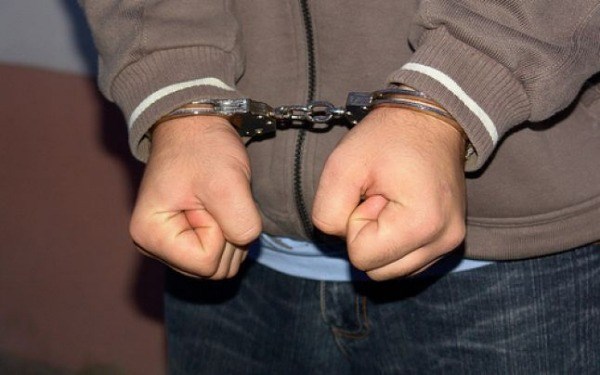25 people were detained in the Ukrainian city of Melitopol on suspicion of destabilizing the situation in the city
In Melitopol, Zaporizhia Oblast, 25 people were detained on suspicion of involvement in the destabilization of the situation in the city, the preparation of armed actions, arson and a series of daring crimes, as reported by the Minister of Internal Affairs of Ukraine, Arsen Avakov on his Facebook page.
“Since March 2017 in Melitopol, massive arson attacks have been perpetrated on pharmacies and tents, then the buildings of the City Executive Committee, then robberies, kidnapping ... On May 9, there were attempts to turn a peaceful action into a riot... In parallel, they deliberately spread rumors all over the city that the government does not control the situation in the region and cannot cope with the growth of crime,” Avakov writes.
He notes that to stabilize the situation, a joint operation of the National Police, the Security Service and the Prosecutor's Office was developed.
“The interim results were that on June 16, the leader of the organized criminal group Tucha (Cloud) was arrested, together with four of his accomplices who were engaged in extortion and kidnapping, and who controlled several sports clubs where, according to the intelligence information, "fighters" were being prepared. All detainees were arrested for two months. During the following days, another 20 people were arrested who were suspected of committing crimes. During the searches, weapons, ammunition, helmets, masks, wigs, and fake license plates were discovered,” the Minister said.
According to him, the criminal component is only the tip of the iceberg. “In fact, it smells like ‘the Russian world!’ In parallel with the criminal articles, criminal proceedings were opened on Article 111 of the Criminal Code ‘treason’ and according to the SBU an ‘activity’ of the group was managed by curators from Russia.”
“Today, security forces jointly conducted 10 searches within the framework of this criminal proceeding. Weapons and explosives are exempted. The number of suspects in complicity is increasing. The criminal ‘professionals’ are joined by representatives of the politician of the region, some ex-people's deputies. In general, it is not over yet. The operation continues,” Avakov says.
The Minister of Internal Affairs speculated that the combination of crime, subversive rumors and clamor for a “Russian world” that would bring “stability” all spoke of a hybrid war. “It will not work!” Avakov concluded.
